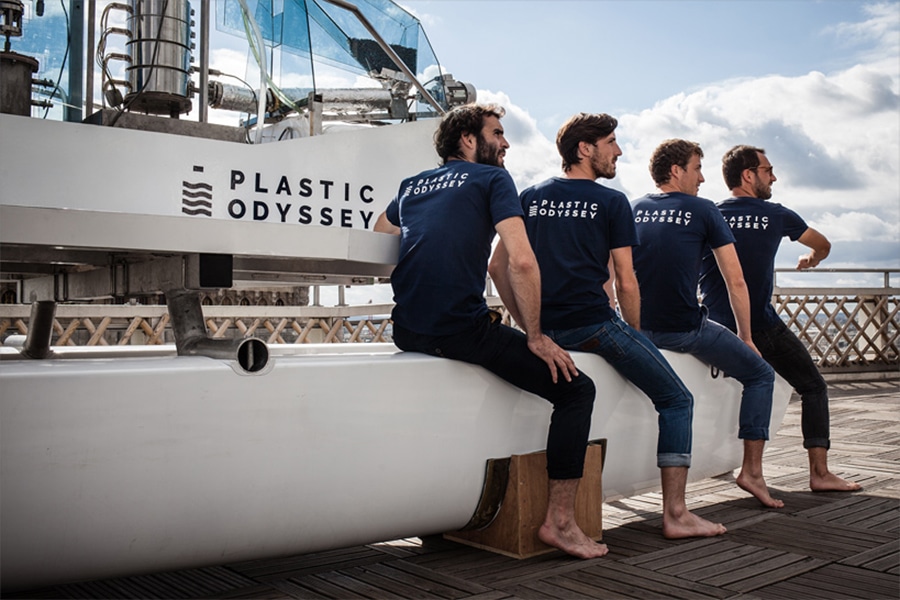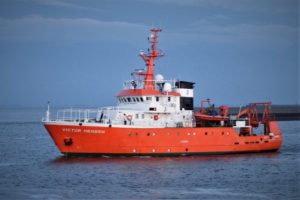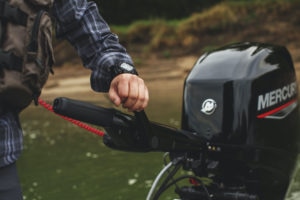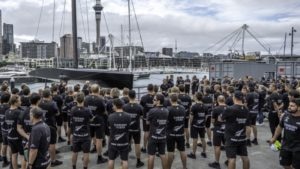Volunteers to set sail on mammoth expedition powered by plastic

A new project has been launched to highlight the necessity of responsible plastic disposal via a three-year sail expedition spanning some 40,000nm onboard Plastic Odyssey.
Run by a team of volunteers, a repurposed boat will burn plastic for fuel and travel around Africa and Latin America between 2020-2021, the Asia-Pacific in 2022, and Asia and Africa in 2023, highlighting its cause at more than 30 port stopovers, according to RINA.
The expedition will be fuelled by pyrolysis, a three-step process to convert plastic waste into energy. First, the collected trash is sorted and all non-plastic waste (as well as toxic plastics such as PVC) is removed. The remaining plastic is sorted into seven categories for further treatment. The recyclable plastics are then shredded into flakes, washed to remove sand, PVC and metals, and run through a centrifuge for further removal of impurities. These are then dried and deemed ready for recycling.

MV Victor Hensen © Frits Olinga
The non-recyclable plastics are earmarked for boat fuel and heated inside a pyrolitic oven at a temperature exceeding 400°C. This type of oven greatly reduces, or removes, oxygen to avoid combustion. The plastic molecules break apart and are then converted back to hydrocarbons, in the forms of liquid fuels, volatile gases and solid residues, creating energy to power both the ship, and its onboard recycling technologies.
The acquired ship, originally named MV Victor Hensen, is a 1975-built, Malta-flagged, former oceanographic research vessel, featuring a 40m x 9.4m monohull and a 3.05m draught. The vessel will accommodate up to 20 crew members comprising engineers, anthropologists, volunteers, photographers/filmmakers and marine professionals. It’s currently undergoing installation/refit work at Boulogne-sur-Mer, France, with completion expected in spring 2020.
The back of the vessel will consist of a recycling workshop. The space will act as a floating demonstration of innovative recycling centres that could be installed on land. Machines will be brought onboard and tested, improved and adapted depending on local challenges faced throughout the expedition. The aim is to inspire local professional networks throughout the world to create their own plastic recycling centres. The vessel’s plastic recycling plant will consist of open-source/crowd-sourced technology, in order to facilitate its take-up within economically disadvantaged communities.
Following fit-out, Plastic Odyssey will head to Lisbon in early June 2020, to coincide with the UN Ocean Conference, giving interested parties the chance to check out the boat’s onboard gear. The expedition will then commence in August.
Read the full article via RINA.










